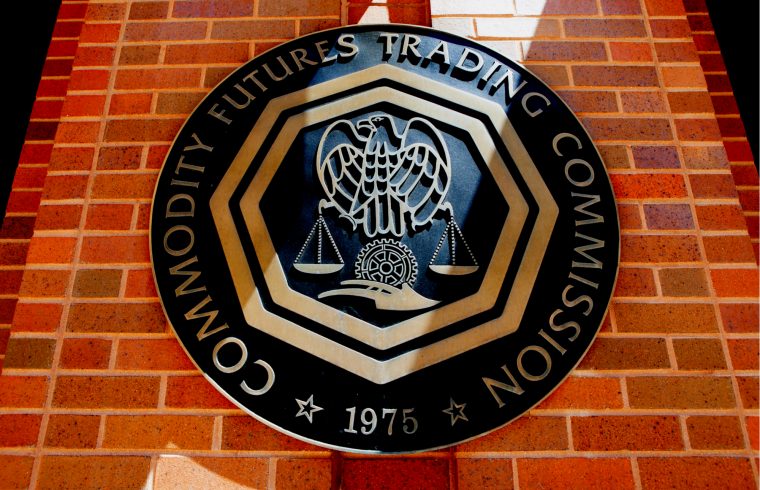 Even though the fifth amendment is a Constitutional right, Commodities Futures Trading Commission (CFTC) enforcement officials can draw a negative inference when its invoked, according to their manual.
Even though the fifth amendment is a Constitutional right, Commodities Futures Trading Commission (CFTC) enforcement officials can draw a negative inference when its invoked, according to their manual.
The Futures Industry Association held its latest webinar entitled “The CFTC’s New Enforcement Manual: Its Key Content and Use for Practitioners in CFTC Investigations.”
The webinar was put on by Steptoe & Johnson, an international law firm first founded in 1913 with offices on three continents.
In May 2019, the CFTC issued its first ever enforcement manual, a rules of the road for the enforcement division.
The CFTC trails other trading regulators in producing this manual, the Securities and Exchange Commission (SEC) first put one out in 2008.
An enforcement manual is “a general reference for DOE staff in the investigation and prosecution of potential violations of the CEA and CFTC regulations. It also provides the general public with information about DOE’s operations with the intent to increase transparency, certainty, and consistency, and, more generally, to advance the rule-of-law principles that underpin all DOE and CFTC enforcement actions,” according to a CFTC press release.
One interesting part of the manual deals with how the CFTC treats those who exercise their right under the fifth amendment which, among other things, protects everyone from self-incrimination during testimony.
Pleading the 5th Amendment is an exercise of that right, but the CFTC will frown upon it, according to the manual.
“Adverse inference may be drawn from refusal to testify,” one slide stated.
In another example, however, the CFTC did not take adverse action against those exercising their rights.
Another part of the manual states, “DOE (Department of Enforcement) does not expect persons to waive attorney/client privileges or work product protections.”
“That a party could demonstrate their cooperation with an investigation by waiving their privilege.
Remarkably, as the webinar explained, both the SEC and also US Department of Justice manual at one point did treat adversely anyone who refused to waive those privileges in prior manuals, though that has been clarified.
“A party could demonstrate their cooperation with an investigation by waiving their privilege.” Said Stacie Hartman, one of the Steptoe & Johnson attorneys who presented, during the webinar.
Hartman said both the SEC and USDOJ had that sort of language before an uproar caused both to update and clarify.
Another noteworthy portion of the manual states that the enforcement division does not have the power to settle.
All settlements must be approved by the CFTC Commission; there are five commissioners, each appointed by the President and approved by the Senate.
“DOE (Department of Enforcement) must tell court that DOE does not possess independent settlement authority,” one slide noted, “DOE does have authority to negotiate terms of settlement that the DOE will affirmatively recommend the Commission accept.”









